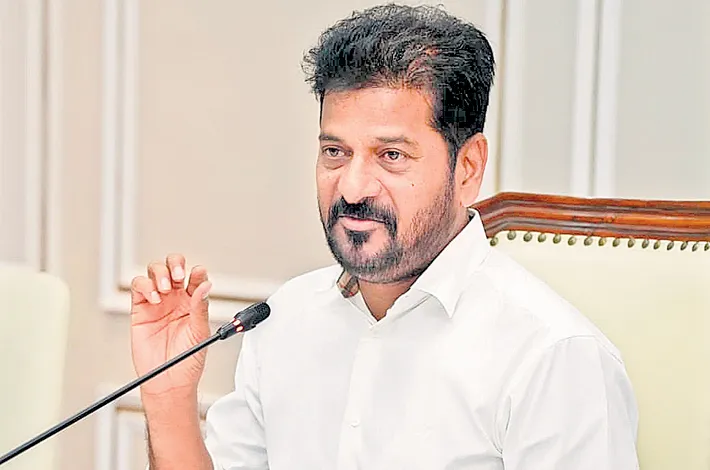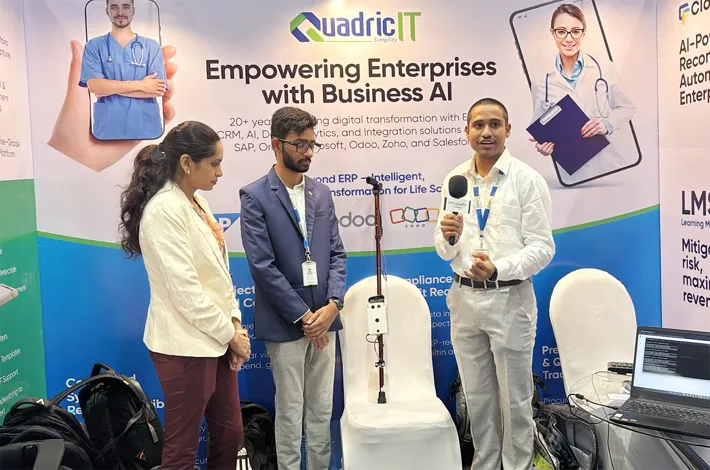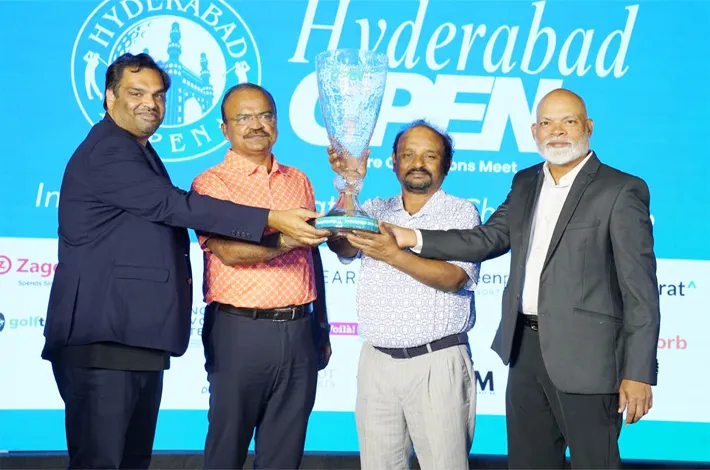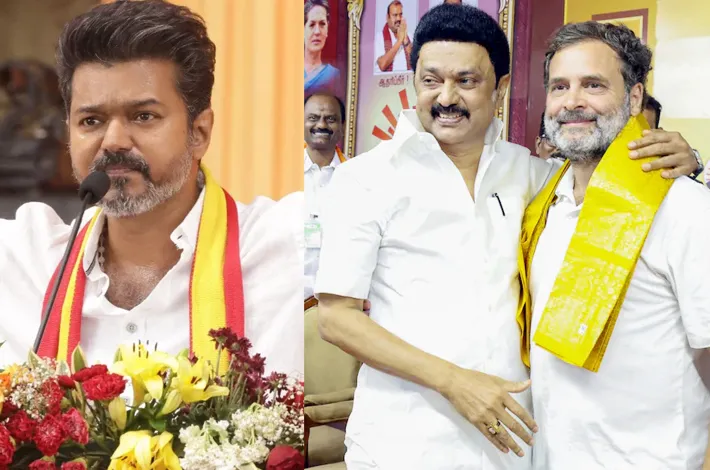Revanth vows overhaul of education system
18-09-2025 12:00:00 AM

Telangana Education Policy (TEP) to bring about radical reforms
Telangana produces 1.10 lakh engineering graduates annually, but only about 15% secure jobs due to lack of skills; the new policy will address this gap. Despite allocating Rs. 21,000 crore to education, 98% goes towards salaries, leaving very little for infrastructure or innovation. There are 11,000 private schools with 34 lakh students, while 27,000 government schools have only 18 lakh students; reforms will focus on strengthening government schools.
If the National Education Policy (NEP) 2020 ushered a new revolution in the educational firmament, Telangana too would soon be coming out with Telangana Education Policy (TEP) that will serve as a “compass for India’s education system,” driving reforms to eradicate poverty and transform the future of millions of young people, said Chief Minister A. Revanth Reddy, on Wednesday.
Speaking at a high-level meeting held at the Telangana Secretariat with educationists, experts, MLCs, and senior officials, the Chief Minister said his government has resolved to bring about radical reforms in education, ensuring that language, knowledge, skills, and sports are seamlessly integrated into the curriculum.
He underlined that in the past, governments attempted poverty eradication through land distribution and welfare funds. “Today, there are no lands left to distribute, nor limitless funds. The only weapon to eradicate poverty is education,” he asserted. The Chief Minister recalled that Jawaharlal Nehru had recognized the importance of education early on by establishing universities and IITs, and stressed that Telangana must now take bold steps to prepare its youth for the future.
Highlighting the disconnect between education and employability, the Chief Minister pointed out that every year nearly 1.10 lakh engineering graduates pass out in Telangana, but fewer than 15% secure jobs, primarily due to lack of adequate skills. “Opportunities are expanding globally, yet our standards of education have not kept pace. This mismatch must end,” he said.
Revanth Reddy noted that despite allocating Rs 21,000 crore annually to education, 98% is spent on salaries, leaving little for infrastructure and innovation. “Government schools are losing out to private institutions because they fail to inspire confidence in parents. Unless our schools offer quality and assurance, children will continue to shift to private schools,” he said. He emphasized the need for early childhood education in government schools, starting from nursery levels, to compete effectively with private institutions.
The Chief Minister cited the government’s initiatives, including large-scale teacher recruitments, promotions, transfers, appointment of Vice Chancellors, establishment of the Young India Skill University, upgradation of ITIs as Advance Technology Centres (ATCs) with modern industrial needs. He said drug abuse and frustration among unemployed youth stem from declining education standards and lack of skills, and pledged a complete overhaul of the system from primary schools to universities.
The Chief Minister announced that the Telangana Vision Document 2047, to be released on December 9, will feature a dedicated chapter on education policy. The new framework will cover school, higher, technical, and skill education, with sub-committees of educationists drafting specialized recommendations.
Revanth Reddy also called for ending the practice of dividing students by caste through separate BC, SC, ST, and Minority residential schools, insisting on an inclusive system that ensures equal opportunities for all. He stressed that education should serve society, not just create government employees.
The CM said his government would establish a Special Education Corporation to fund infrastructure and quality improvement. He also urged the Union Finance Minister to treat education spending as an investment, seeking exemption of education-related borrowings from the FRBM limits.
“We are prepared to face any political challenges for the sake of educational reform. Telangana’s new education policy will not only transform the state but also inspire the entire country,” he declared.
The meeting saw participation from senior officials, educationists, university leaders, and experts, who shared their insights. The CM appealed for their continuous suggestions, stating: “Our mission is to secure a bright future for 73 lakh youth of Telangana. The education policy we design must serve as a guiding light for the nation.”
"If education reforms benefit society, I am ready to face any political challenges for it,” said CM Revanth Reddy.
CM maps out global-ready Hyderabad
Hyderabad: Chief Minister A. Revanth Reddy has declared that Hyderabad is the State’s strength and brand, with long-term plans to position it on the global stage. Speaking at the Telangana Praja Palana Dinotsavam, after unfurling the national flag on Telangana Merger Day at Public Gardens, Hyderabad, the CM outlined his vision for the city and the state's economy.
“Our goal is to make Telangana a $1 trillion economy by 2035, and a $3 trillion economy by 2047. Hyderabad will be the gateway to the world when these goals are achieved,” he said. The government is preparing a statewide master plan, aiming to provide international-standard infrastructure. Plans include transforming Hyderabad into a city known for clean air, smooth roads, reliable electricity, modern highways, efficient transport, and upgraded drainage systems.
Hyderabad’s growing global relevance is already evident, the CM said, noting massive international investments and the city's emergence as a hub for Global Capability Centers (GCCs).
The government is also launching the second phase of Metro Rail, adding 76.4 km to the existing 69 km network, with a budget of Rs. 24,000 crore. “The efforts to build world-class infrastructure are already showing results. Hyderabad is emerging as a global investment magnet,” the Chief Minister said.








